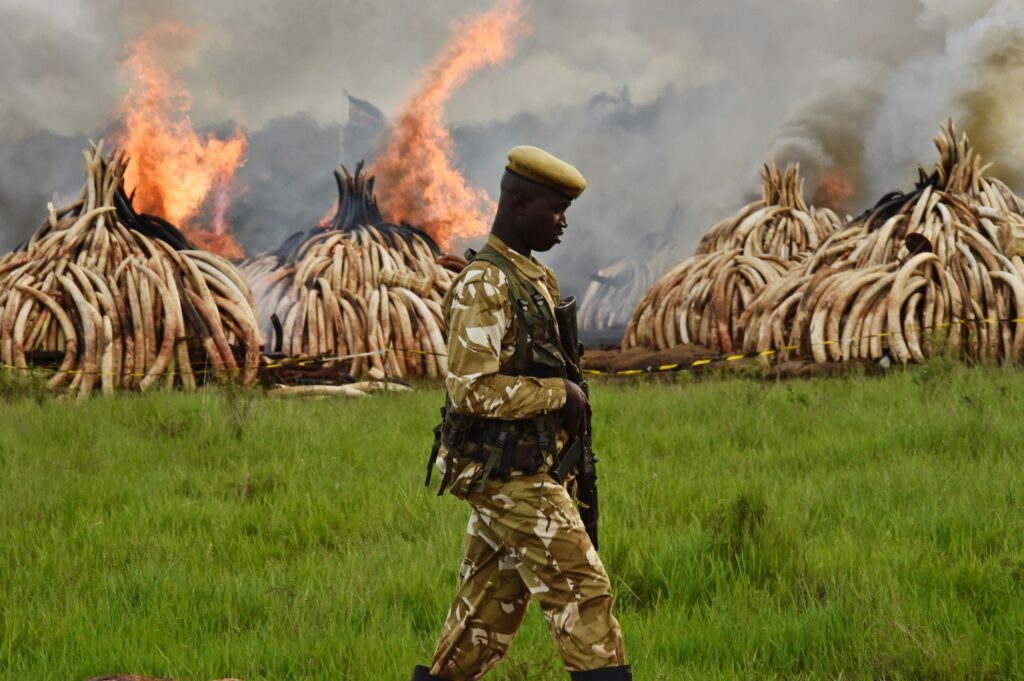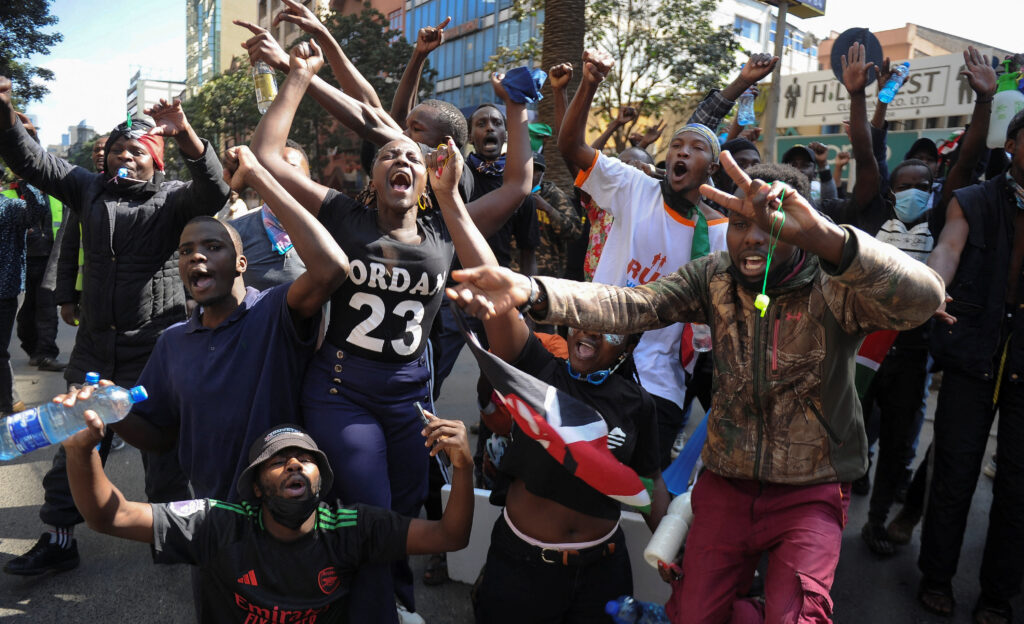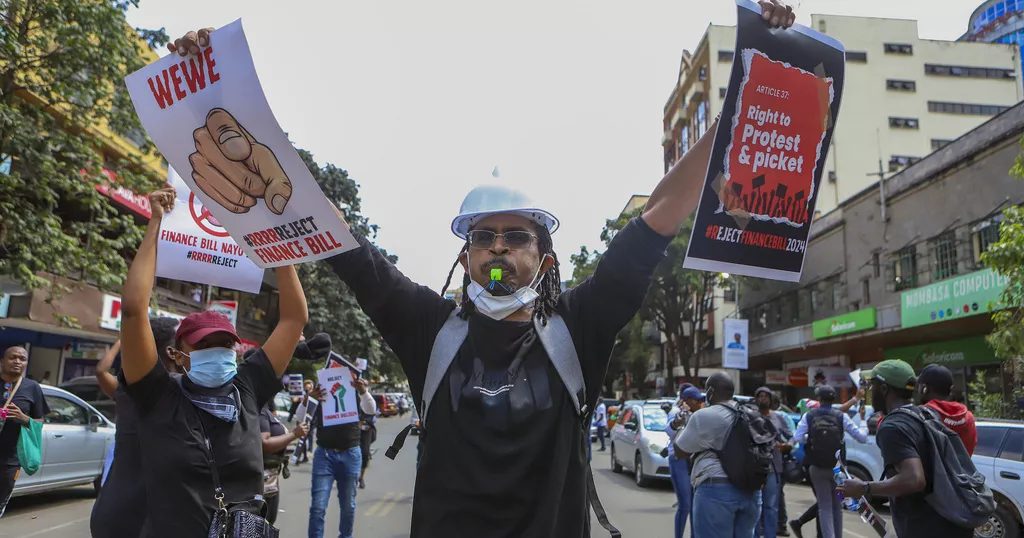
Following the recent general elections in South Africa, where no single party secured an outright victory, discussions on forming a coalition government have taken center stage among political parties. President Cyril Ramaphosa has called for unity, urging all parties to collaborate for the nation’s progress.
The African National Congress (ANC), despite winning 40 percent of the vote, its lowest ever, now seeks support from other parties to govern—a departure from its historical dominance since the country’s democratization in 1994.
Ramaphosa stressed the importance of collective effort in his weekly newsletter, emphasizing the need to sustain reform, growth, and transformation regardless of political differences.
While the ANC has proposed a government of national unity inclusive of opposition parties spanning the political spectrum, initial reactions varied. The Economic Freedom Fighters (EFF), a radical leftist party, initially rebuffed the idea of collaboration with ideologically divergent parties like the centrist Democratic Alliance (DA). However, ongoing negotiations indicate a willingness to engage.
The DA’s federal council convened to deliberate on potential pathways forward post-negotiations with the ANC, while the Inkatha Freedom Party’s decision-making body also addressed coalition proposals.
With the new parliament set to convene shortly, one of its primary tasks will be electing a president to form the new government. The ANC’s diminished representation, now at 159 members in the 400-seat National Assembly, signifies a shifting political landscape.
Key players in the assembly include the DA with 87 seats, advocating for liberal free-market policies, and the EFF with 39 seats, championing land redistribution and economic sector nationalization. The IFP, having secured 17 seats and previously aligned with the DA, also holds significance in coalition dynamics.
Meanwhile, the uMkhonto weSizwe (MK) party, led by former president Jacob Zuma, intends to challenge the election process’s legality through court appeals. Despite its third-place finish, the party questions the legitimacy of the new parliament and has voiced opposition to an ANC-led government under Ramaphosa’s leadership—a stance the ANC remains committed to despite dissent.
Amidst these developments, the future of South Africa’s governance hinges on the outcome of coalition negotiations and the resolution of legal challenges, reflecting a critical juncture in the nation’s political trajectory.




